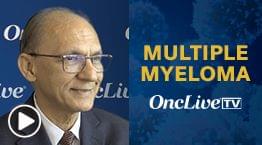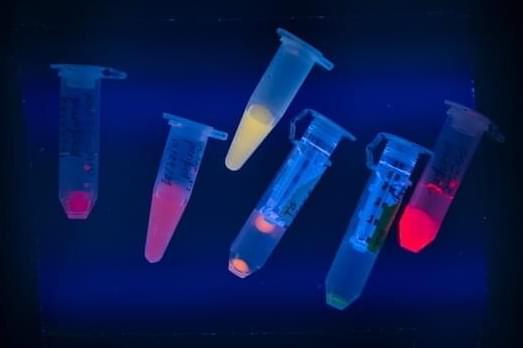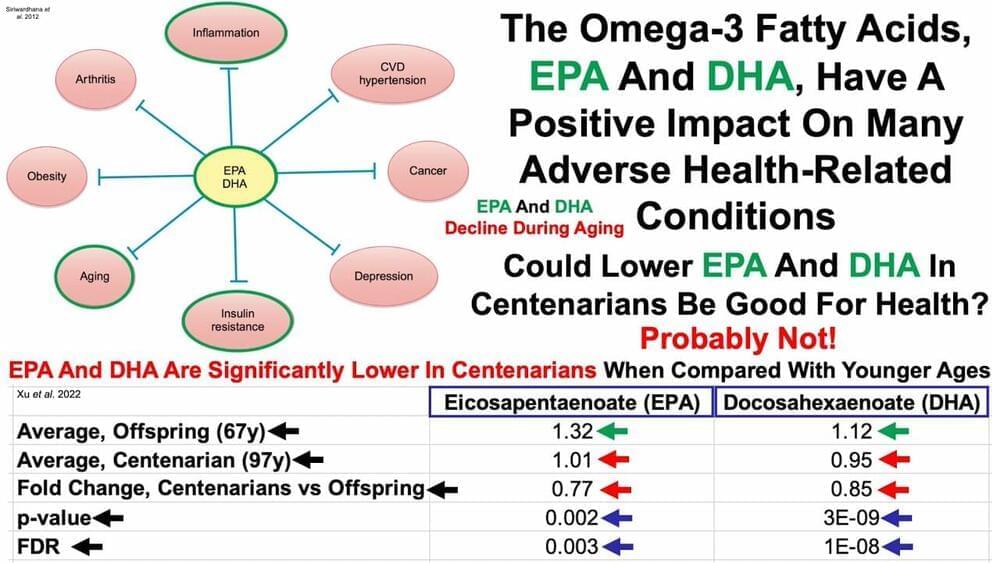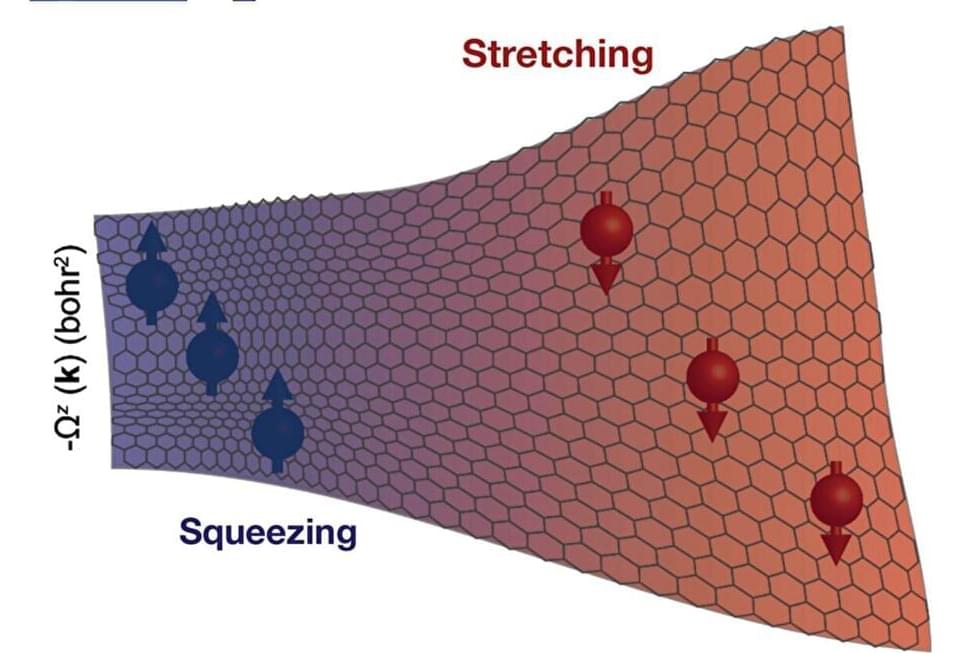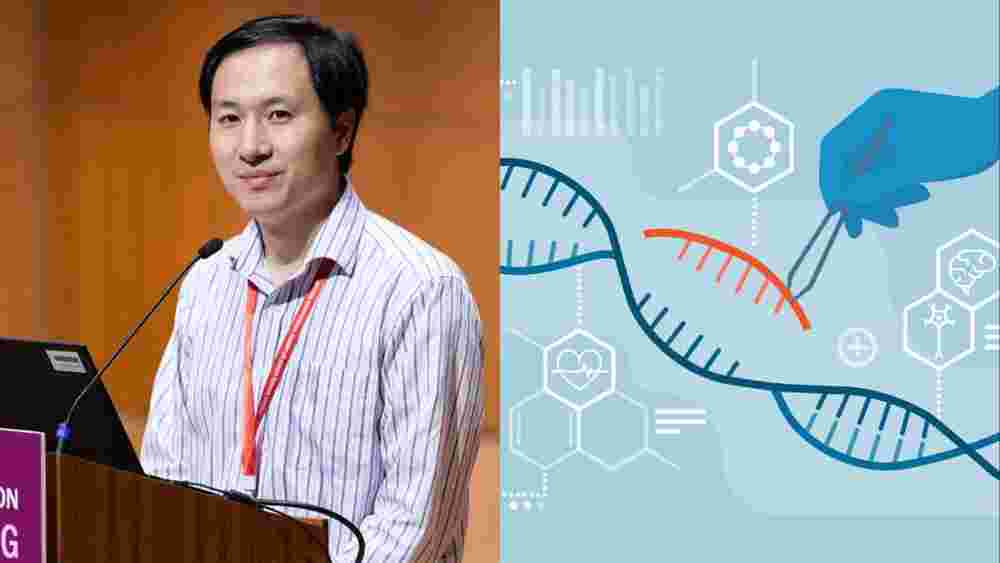Whether episodes of acute kidney injury (AKI) lead to worsening chronic kidney disease (CKD) still is under debate, and some countries now incentivize stricter renal monitoring of patients following hospitalizations for AKI. U.S. researchers prospectively identified 433 adults with known CKD (defined as ≥50% increase in serum creatinine level) and examined whether those episodes contributed to worsening of CKD during 4 years of follow-up. Nearly all the episodes of AKI were stage 1 or 2 (i.e., the ratio of peak to nadir serum creatinine was less than 3).
After adjusting for an extensive set of potentially confounding variables, patients with stage 1 or stage 2 AKI did not have substantial decreases in estimated glomerular filtration rate (eGFR; calculated using creatinine or using cystatin C level) or have substantially accelerated changes in eGFR over time.
These results suggest that in a patient with known CKD, an episode of AKI generally doesn’t affect the subsequent natural history of CKD. Whether more-severe AKI (stage 3 or stage 4) portends worse CKD outcomes could not be determined in this study due to small number of patients with such disease severity.
